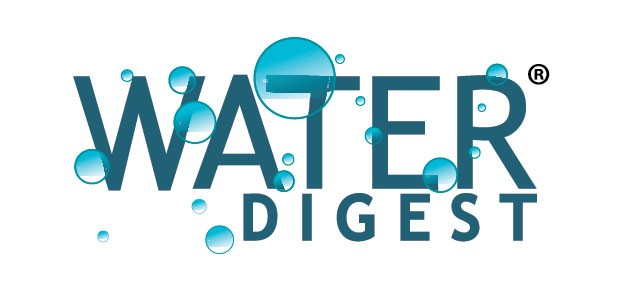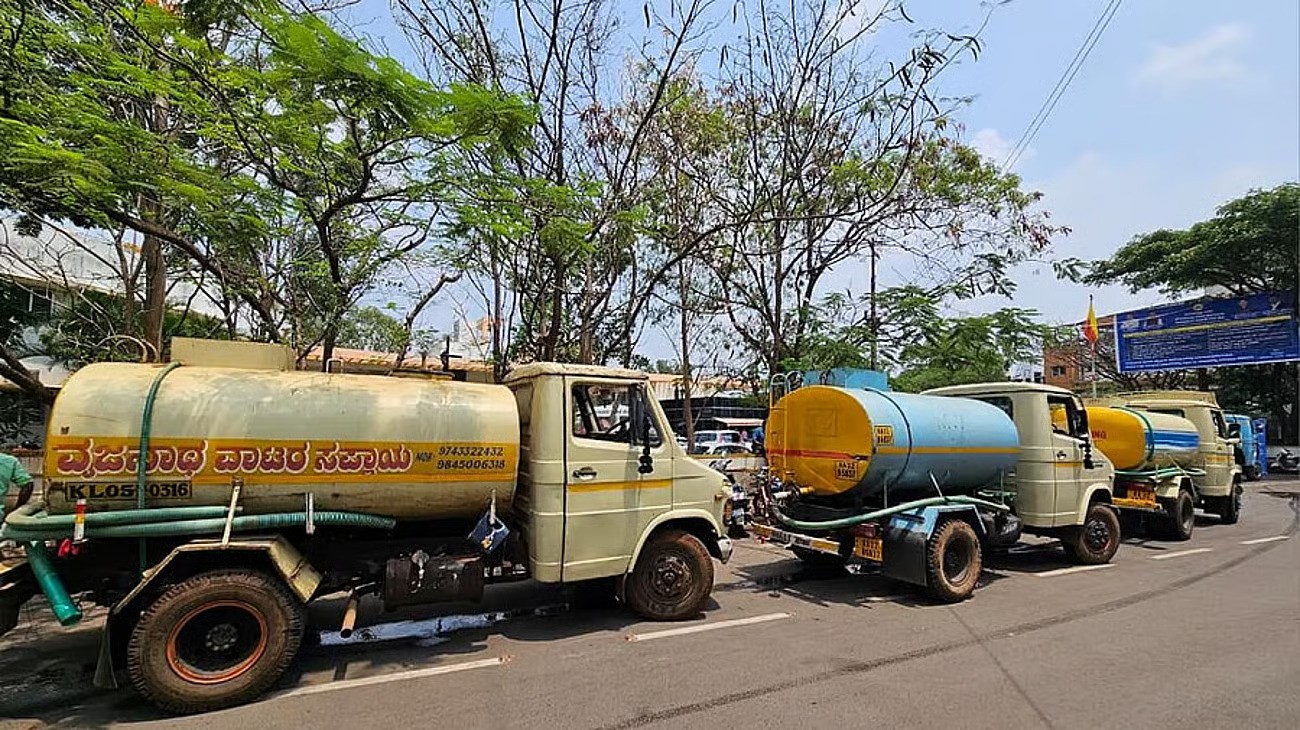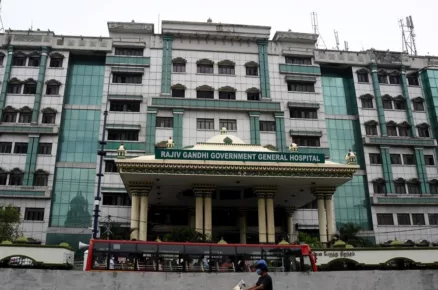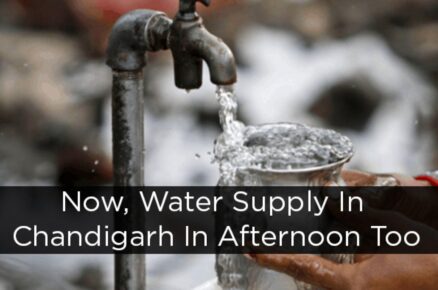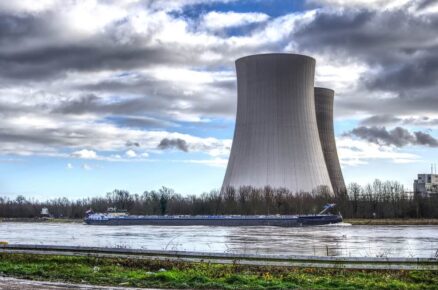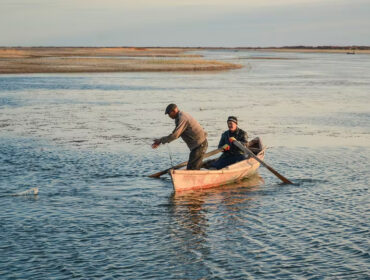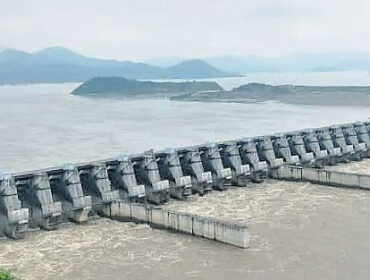Karnataka’s new conservation campaign, while promising, must also leverage community participation
Karnataka’s plan to launch an ambitious statewide campaign on water conservation and management is welcome, although long overdue. The state’s paradox is well known: it has the second-largest area under rain-fed agriculture in India, yet it is also consistently ranked as having one of the highest proportions of drought-prone regions, second only to Rajasthan. Despite receiving heavy rainfall, much of it is wasted due to the inability to retain water effectively, the neglect of traditional structures like check dams, and inadequate efforts to recharge aquifers. The result is a chronic depletion of groundwater levels across large parts of the state, leaving farmers and communities vulnerable. By introducing structured water security plans at the gram panchayat level, the state has finally acknowledged that the solution lies in hyper-localised, scientific interventions.
But conservation, while vital, must move in tandem with ensuring access to safe and potable drinking water. In recent years, several parts of the state have witnessed tragic episodes of contamination. In July 2022, in Gonal village of Ballari district, a ten-year-old girl died and 20 others fell ill after consuming polluted water. In 2024, Chinnenahalli village in Tumakuru reported six deaths and over a hundred hospitalisations linked to a contaminated overhead tank. That same year, Tambigeri village in Vijayanagara saw five deaths after impure water leaked into the supply pipes. Such incidents are regularly reported from different parts of the state. Beyond such outbreaks, chronic contamination due to excess fluoride has long haunted districts like Ballari, Yadgir, Raichur, and parts of Tumakuru, leaving children with dental fluorosis and adults with skeletal deformities.
technology alone will not suffice. The state must involve local communities in planning, monitoring, and implementing water strategies. The idea of holding special neeriddare nale gram sabhas is therefore commendable, as it can ensure transparency and accountability at the grassroots. Groundwater is indeed a foundation of Karnataka’s future. To secure it, the government must treat water not merely as a resource to be engineered but as a collective asset to be nurtured. Conservation, safe access, and community stewardship must together form the pillars of this ambitious project. If executed with sincerity, the ‘Water is Future’ campaign can help the state overcome its perennial water crisis and set a model for the rest of India.
Source & Image: http://bit.ly/3IMddMn
